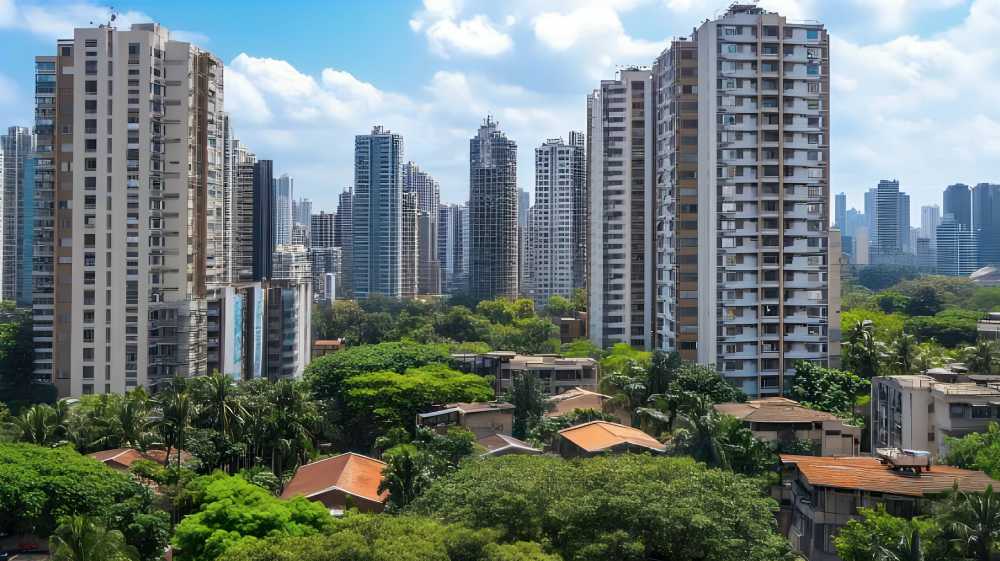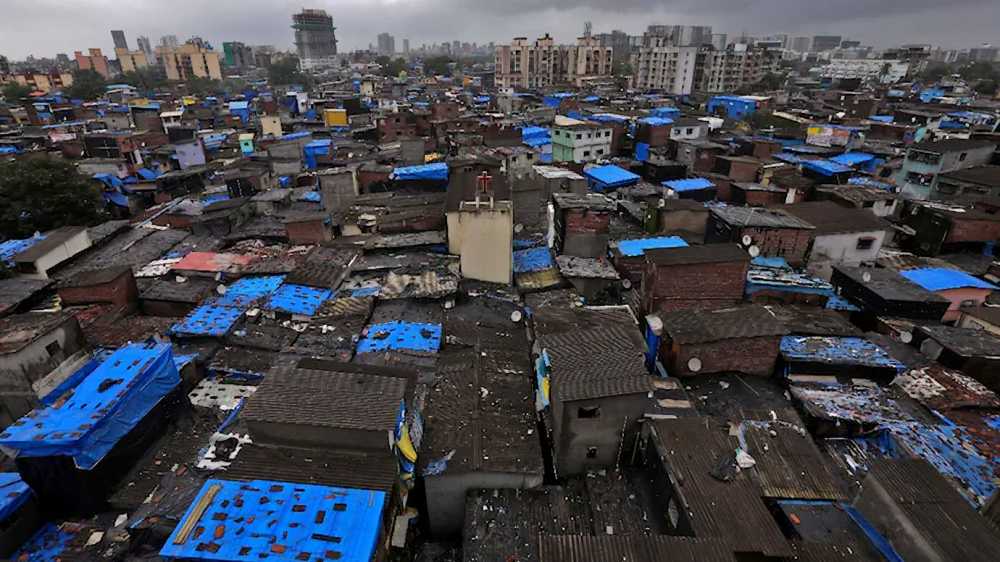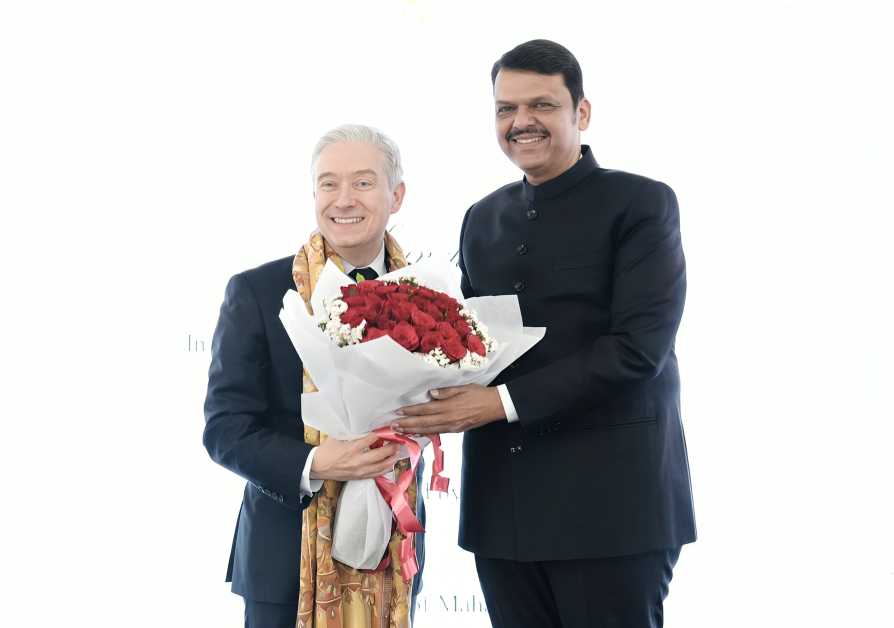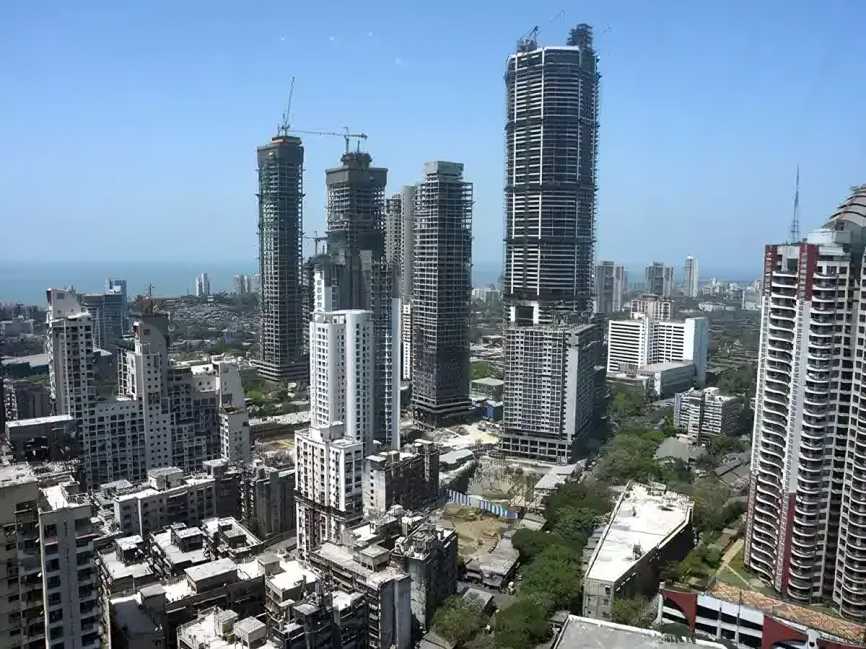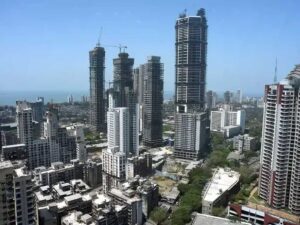November 03, 2025: This Diwali, Mumbai’s housing market shone brighter than the fireworks, but the spark is not seasonal. The surge in property transactions and revenue this year points to a deeper transformation, one powered by policy consistency, infrastructure progress, and a new, more confident homebuyer.
India’s festive sales hit Rs 6.05 lakh crore, with the Mumbai Metropolitan Region contributing over Rs 70,000 crore, according to CAIT. But the significance lies not in the spending alone—it’s in what people are spending on. More buyers are investing in enduring assets like homes, not just consumption goods. That shift in behaviour marks the maturing of Mumbai’s property market, long known for its volatility.
In the first half of 2025, property registrations in Mumbai touched 75,672—up from 72,491 last year. Stamp duty collections grew nearly 15%. Between January and April alone, transaction revenues rose by 21% to Rs 4,633 crore. The festive stretch from Ganesh Chaturthi to Diwali added another burst of momentum, with registrations climbing over 20% and revenue up more than 50% year-on-year.
Behind these numbers lies a quiet but important change: the buyer has become smarter. Conversations have moved from discounts and possession dates to infrastructure access, sustainability, and long-term appreciation. Buyers now weigh a Rs 68-lakh 2BHK in an older suburb against a Rs 93-lakh apartment near a coming metro line, not impulsively but rationally. It’s a market driven less by emotion and more by evaluation.
Developers, too, are reading the shift right. With stronger balance sheets, tighter project pipelines, and better compliance discipline, they’re catering to demand that’s both steady and serious. Policy reforms over the past few years—particularly around transparency, RERA oversight, and infrastructure investment—have begun to pay dividends.
If 2024 revived sentiment, 2025 is reinforcing structure. This year’s sales surge is not a one-off festival effect but the reflection of deeper economic strength and market maturity. Mumbai’s housing market is finally standing on firmer ground—supported by buyer confidence rather than speculation.
The challenge now is to preserve this balance. Developers must stay cautious even amid strong demand, and policymakers must continue to provide a predictable regulatory environment. Mumbai doesn’t need another boom-and-bust cycle—it needs steady, policy-backed growth.
The lights may fade after Diwali, but Mumbai’s real estate glow looks set to last. The city’s housing market, once driven by hype, is now powered by habit—of confidence, clarity, and conviction.




